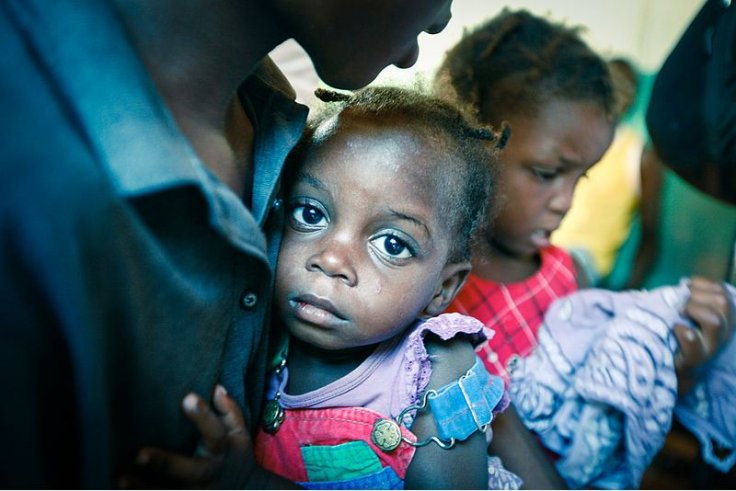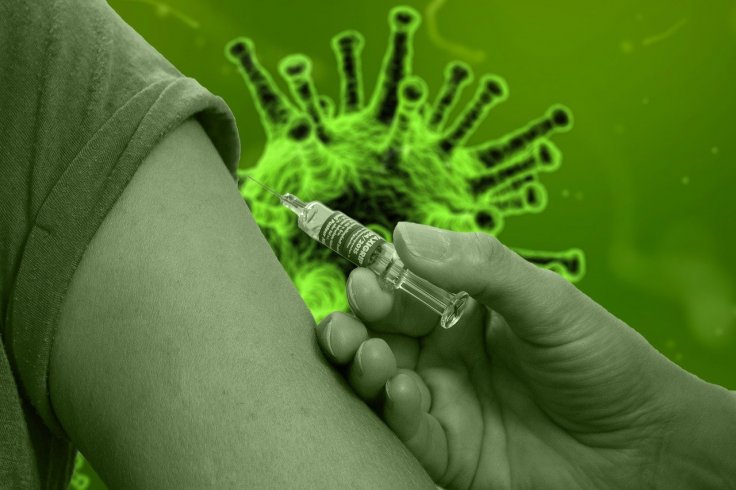After any natural calamity or devastating event—hurricane, wildfire, and tsunami, or any terrorist attack—communities, government agencies, and social workers come together to help all the affected individuals and the region. But after spending several months, witnessing the destruction made by the pandemic, can 2021 bring new hope and peace in the world?
The United Nation officials said during the recent UN General Assembly that took place on Friday, December 4, that 2021 is shaping up to be a "humanitarian catastrophe". The officials added that there is a risk of poor countries being "trampled" as other rich nations roll out COVID-19 vaccines.
During the 193-member UN General Assembly session, David Beasley, chief of the World Food Programme (WFP), and Tedros Adhanom Ghebreyesus, head of the World Health Organization (WHO) expressed their concerns to a special meeting, focusing on COVID-19.
The Impact of COVID-19

The Coronavirus pandemic measures are taken by the nations all around the world to try to curb the spread of SARS-CoV-2, and the economic impact has caused a 40 percent increase in the number of people who need humanitarian assistance, said the UN earlier this week.
The WFP chief Beasley said, "2021 is literally going to be catastrophic based on what we're seeing at this stage of the game." He also added that for a dozen countries, an extreme shortage of food is "knocking on the door."
During his address, Beasley clearly said that the next year was likely to be "the worst humanitarian crisis year" since the beginning of the UN 75 years ago. According to him, "we are not going to be able to fund everything ... so we have to prioritize, as I say, the icebergs in front of the Titanic."
The Vaccination
Antonio Guterres, the UN Secretary-General, and other top officials have called for vaccines against the Coronavirus caused disease COVID-19 to be made available to all the countries. They also asked the rich countries should help developing nations to combat as well as recover from the pandemic.
The WHO's Director-General Tedros appealed for an urgent vaccination of 4.3 billion people into a world vaccine-sharing program. He said, "We simply cannot accept a world in which the poor and marginalized are trampled by the rich and powerful in the stampede for vaccines," and added that "this is a global crisis and the solutions must be shared equitably as global public goods."

The Coronavirus, which started as an outbreak in China and turned out to be a pandemic within months, has affected over 66 million people and killed 1,521,000 individuals all around the world. While some countries like Russia and the UK have already made plans to vaccinate the citizens, there are many countries including those in the African continent which don't know when the population will be immunized.
The director of the Africa Centres for Disease Control and Prevention (CDC) said that 60 percent of the population on the continent needs the vaccine in the next two to three years. But he expressed his concerns saying that if that process takes four to five years, the virus "will be endemic in our communities".








